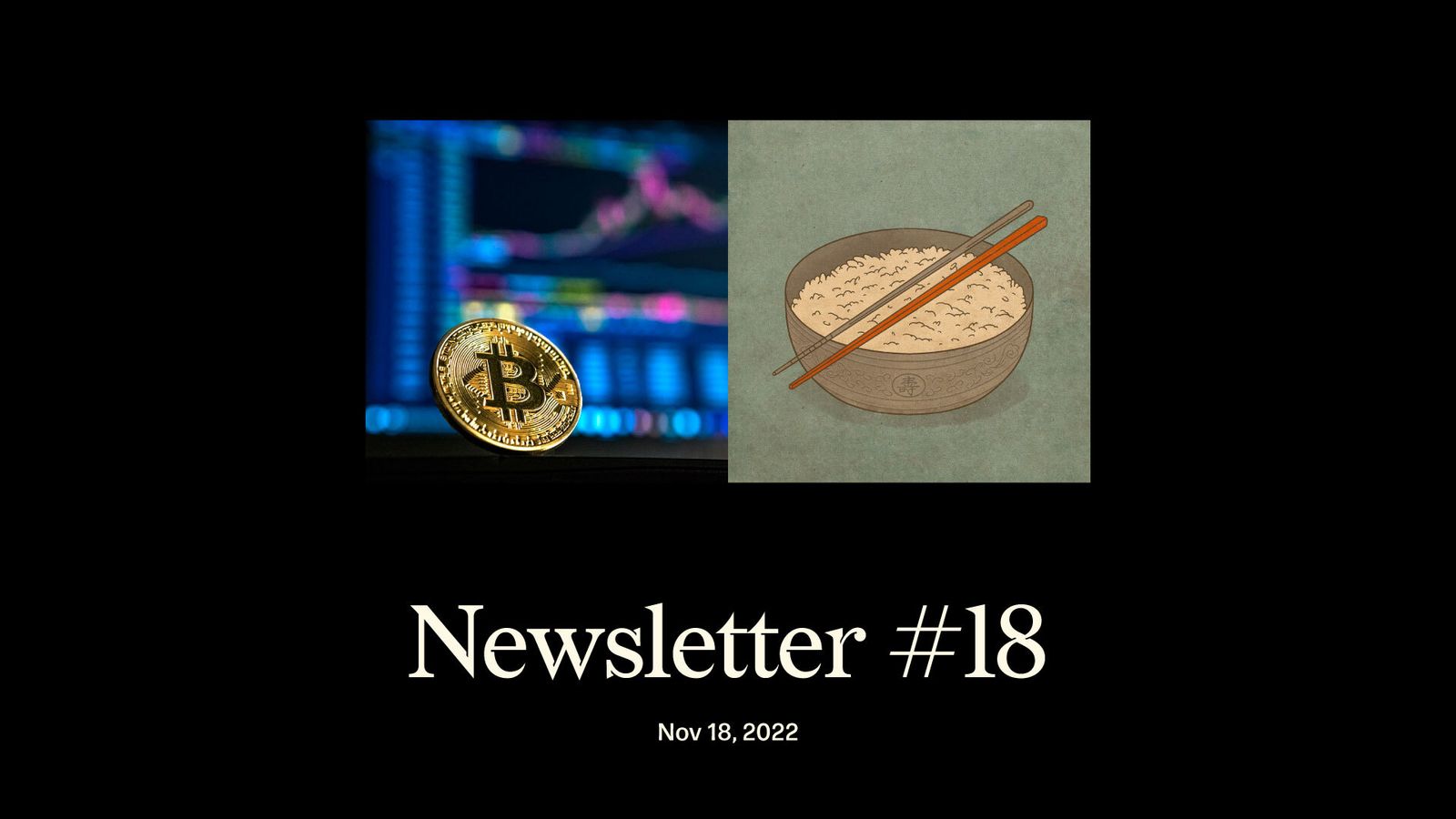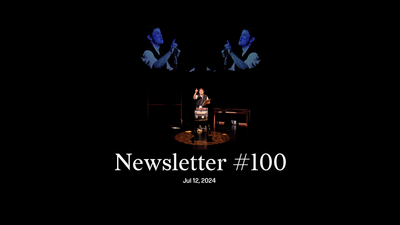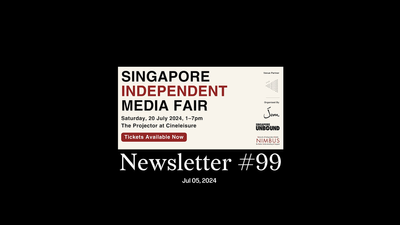Dear reader,
A reminder about Jom’s launch party! 5-8pm, December 2nd Friday. We still have 20 tickets left. And a shout-out to Jom subscriber Robin Loon, who can’t make it but has sent us a contribution for our drinks kitty. Thank you!
At the party we will be joined by Singapore’s very own ethnic-Korean, rising, literary star, Jonathan Chan, who will be reading some poetry. This week Jonathan has published his first essay for Jom, “A brief history of Koreans in Singapore”.
It’s a wonderful sweep of social, political, and personal history: Jonathan’s father is Chinese Malaysian and his mum is Korean. “I remember when it became cool to be Korean in Singapore. It was the early 2010s and I had just begun secondary school,” he opens his essay.
It’s really timely, given the recent release of “Ajoomma”, a Singaporean-Korean drama showing now. There is so much in this piece for anybody interested in multiculturalism, the personal histories of Singapore’s increasingly diverse population, and of course, the emergence of South Korea as a cultural superpower.
What is the link between political liberalisation and cultural flowering? One of the most fascinating bits of Jon’s essay is when he examines South Korea’s transition from military dictatorship to democracy. Many believe this set the stage for, among other things, the contemporary development of music, television, and other art forms in Korea.
Jonathan recalls the “Asian values” ideological debate between Lee Kuan Yew, then Singapore’s senior minister, and Kim Dae Jung, who would later become South Korea’s president.
Lee wielded Confucian rhetoric against free speech and democratic rights, while Kim used it in favour of.
South Korea and Taiwan always make for uncomfortable comparisons for Singapore’s autocrats, because they are proof that East Asian societies can make relatively peaceful transitions to democracy—while living next to far greater existential threats than Singapore has ever faced.
And this past week we were reminded about the downsides of Singapore’s illiberal democracy, about our opaque elite and lack of transparency.
As we write in Singapore This Week, it took over a week for Temasek, one of two Singaporean sovereign wealth funds, to come clean about its investment in FTX, the crumbling crypto exchange.
Singapore’s mainstream media, shamefully, also made barely a squeak. S$377m of our money was lost in this investment. In any other rich democracy, this would have been immediate front-page news.
There isn’t too much more to say in this limited space, but I’ll share my frustrations as a journalist over the past week, trying to find out more from Temasek.
One small indication of organisational transparency is the ease with which journalists can ask questions. With GIC and Temasek, their “Newsrooms” on their websites are little more than one-way loudspeakers for their triumphalism. There is no individual named or listed, or e-mail or telephone number. I submitted a request through Temasek’s cursory general web form and have yet to hear back.
Contrast this with Norway’s Government Pension Fund, which offers far more accountability and transparency to its citizens. Its “Press contacts” page lists general e-mails, as well as the full profiles, e-mails and numbers of three media executives.
Will Singapore ever enjoy the political and press freedoms that we find in Norway, South Korea and Taiwan?
Well, South Korea is not perfect. It has its own issues, as all societies do. But my hope is that as we read Jonathan’s piece, and continue to surf the hallyu, we also think a bit harder about what it takes to nurture arts, culture, and a sense of belonging to a place.
Best wishes,
Sudhir Vadaketh
Editor-in-chief, Jom
If you've enjoyed our newsletter, please scroll to the bottom of this page to sign up to receive them direct in your inbox.






